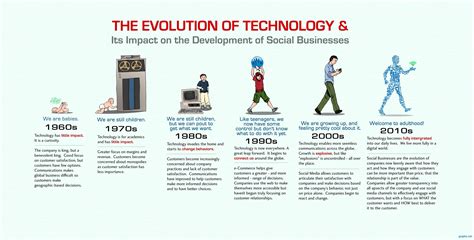In today's fast-paced world, time is a precious commodity. With the constant evolution of technology, the way we measure time has become increasingly sophisticated. Gone are the days of traditional analog clocks; now, we have a wide range of high-tech time-measuring devices that make our lives easier and more efficient.
The Importance of Accurate Timekeeping
Accurate timekeeping is crucial in many aspects of our lives, from personal to professional. With the advent of modern technology, we have become accustomed to precision and accuracy in our daily routines. Whether it's setting reminders, scheduling appointments, or coordinating global communication, precise timekeeping is essential.
The Evolution of Time-Measuring Devices
Over the years, time-measuring devices have undergone significant transformations. From sundials to atomic clocks, the technology has evolved to provide increasingly accurate and reliable timekeeping. Here are some key milestones in the evolution of time-measuring devices:
- Mechanical Clocks: Invented in the 13th century, mechanical clocks used a series of gears and springs to measure time. While they were accurate for their time, they were prone to errors and required frequent winding.
- Quartz Clocks: Introduced in the 20th century, quartz clocks used a quartz crystal to regulate timekeeping. They were more accurate than mechanical clocks and required less maintenance.
- Digital Clocks: With the advent of digital technology, digital clocks became a staple in modern society. They displayed time in numeric format and were more accurate than their analog counterparts.
- Atomic Clocks: Developed in the 1950s, atomic clocks use the vibrations of atoms to measure time. They are the most accurate time-measuring devices available, with an error of only one second per million years.

The Role of Technology in Timekeeping
Technology has revolutionized the way we measure time. From smartphones to smartwatches, modern devices have made it easier to keep track of time. Here are some ways technology has impacted timekeeping:
- Smartphones: With the advent of smartphones, timekeeping has become more accessible than ever. We can set reminders, schedule appointments, and even track our sleep patterns with just a few taps on the screen.
- Smartwatches: Smartwatches have taken timekeeping to the next level. They can track our fitness goals, monitor our heart rate, and even receive notifications from our smartphones.
- GPS Technology: Global Positioning System (GPS) technology has enabled us to track time in real-time, regardless of our location. This has been particularly useful for navigation and logistics.
Timekeeping in the Digital Age
In today's digital age, timekeeping has become more sophisticated than ever. With the rise of digital technology, we have access to a wide range of time-measuring devices that make our lives easier and more efficient.

Benefits of Digital Timekeeping
Digital timekeeping has numerous benefits, including:
- Increased Accuracy: Digital timekeeping devices are more accurate than their analog counterparts, ensuring that we stay on schedule and arrive on time.
- Improved Efficiency: With digital timekeeping, we can set reminders, schedule appointments, and track our time more efficiently than ever before.
- Enhanced Productivity: By staying on schedule and managing our time more effectively, we can boost our productivity and achieve our goals more easily.
Common Timekeeping Devices in the Digital Age
Here are some common timekeeping devices used in the digital age:
- Smartphones: With their built-in clocks and calendar apps, smartphones are one of the most widely used timekeeping devices today.
- Smartwatches: Smartwatches have become increasingly popular, offering a range of timekeeping features, including fitness tracking and notification alerts.
- Digital Clocks: Digital clocks are a staple in many homes and offices, providing accurate timekeeping and often featuring additional features such as temperature and humidity displays.

The Future of Timekeeping
As technology continues to evolve, we can expect timekeeping to become even more sophisticated. Here are some potential trends in the future of timekeeping:
- Artificial Intelligence: With the rise of artificial intelligence (AI), we can expect timekeeping devices to become even more intelligent and personalized.
- Internet of Things (IoT): The IoT has the potential to revolutionize timekeeping, enabling devices to communicate with each other and provide real-time updates.
- Quantum Computing: Quantum computing has the potential to enable even more accurate timekeeping, with the ability to process vast amounts of data in real-time.






Conclusion
Timekeeping has come a long way since the invention of sundials. With the advent of modern technology, we have access to a wide range of time-measuring devices that make our lives easier and more efficient. As technology continues to evolve, we can expect timekeeping to become even more sophisticated, with the potential for AI, IoT, and quantum computing to revolutionize the way we measure time.
If you have any questions or comments about timekeeping in the hi-tech era, please feel free to share them below.
